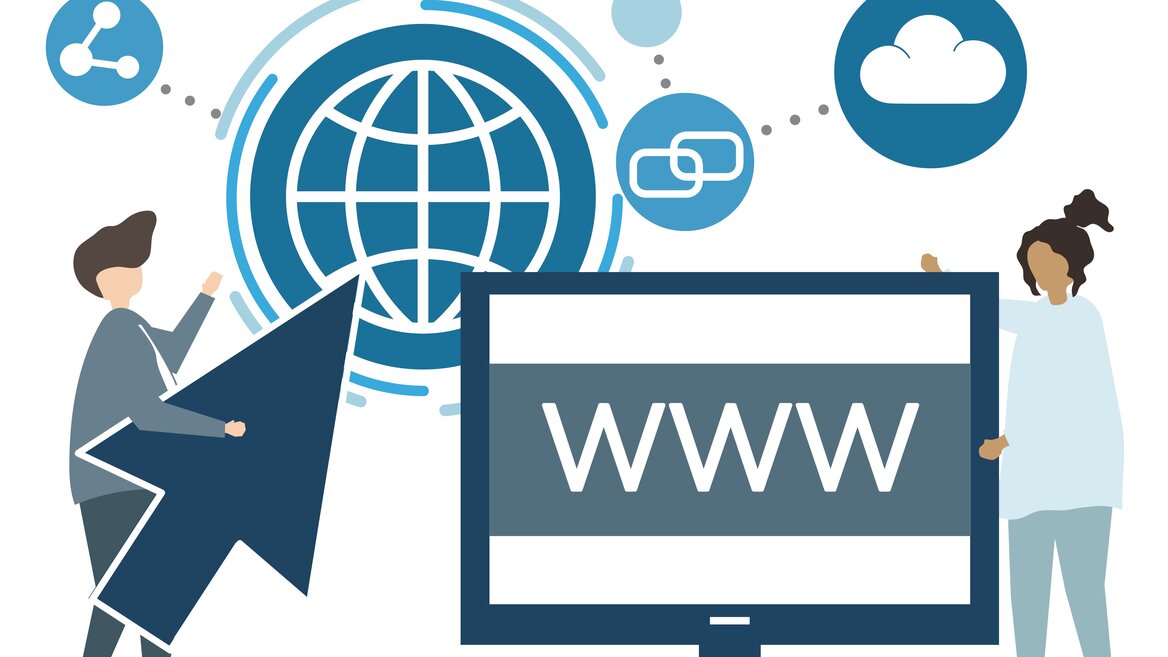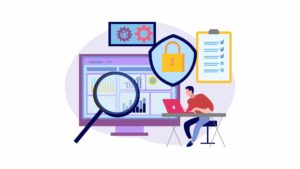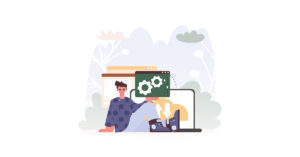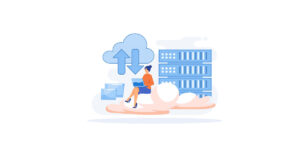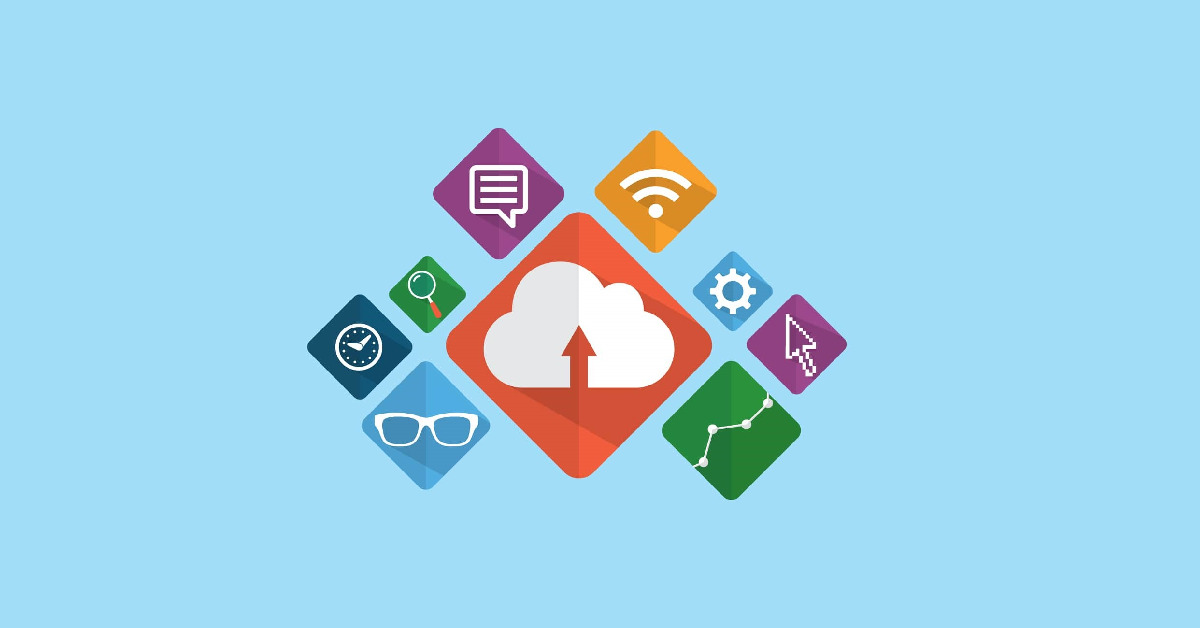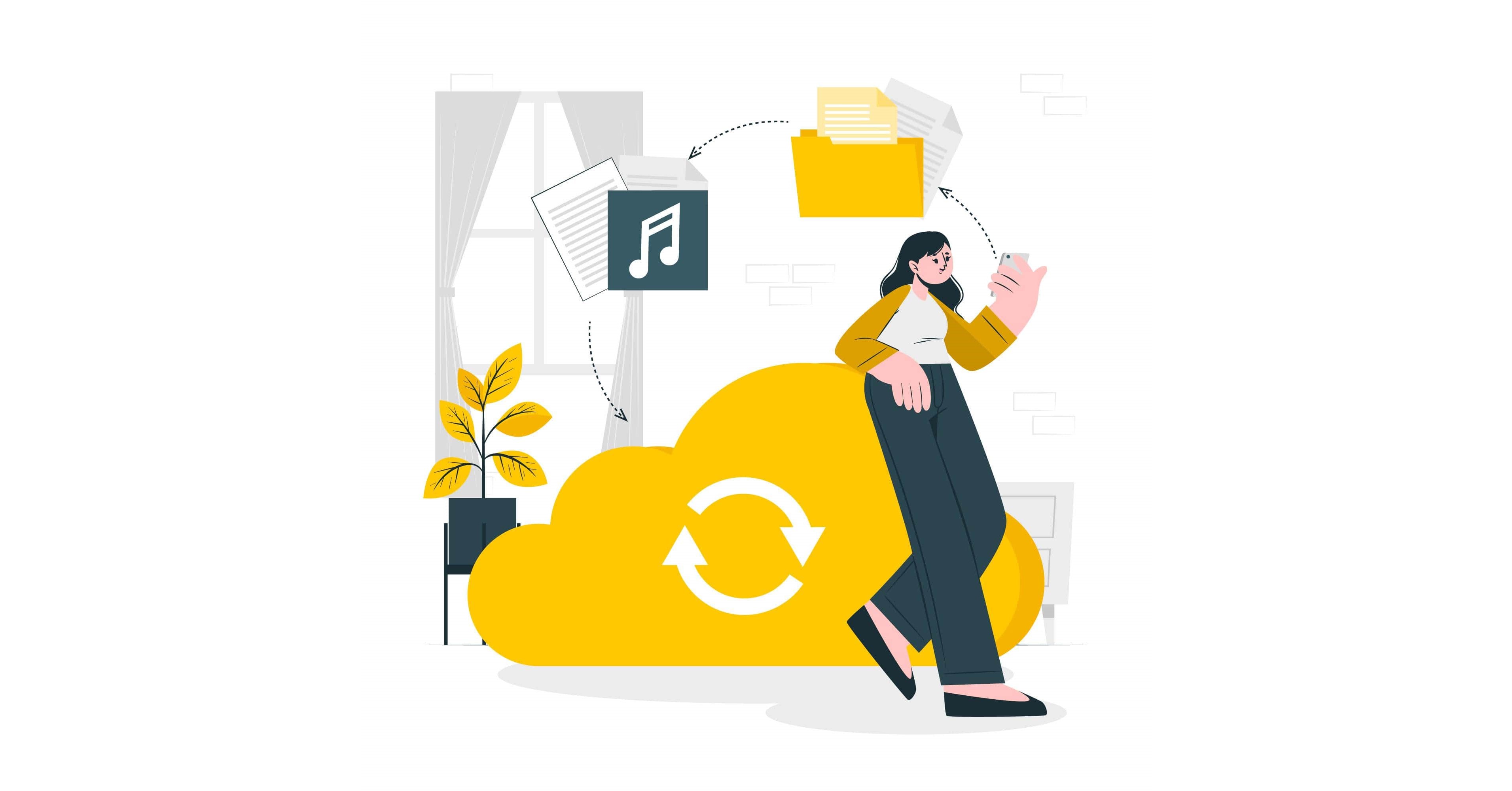The advent of cloud computing has presented businesses with revolutionary opportunities for firm footing in the global market. Amid cloud computing is software-as-a-service (SaaS), a breakthrough component.
Although it is not unheard of to back up SaaS application data, many organisations are still negligent about this concept. Here are some statistics to illustrate that this, indeed, is no joke!
As early as 2019, the Enterprise Strategy Group (ESG) started conducting reports titled ‘The Evolution of Data Protection Cloud Strategies’. This year, they found that 35% of survey respondents rely solely on SaaS vendors to safeguard their data despite intrinsic limitations.
Suffice to say, the evolution has barely budged.
What most SaaS users fail to grasp is that backing up data is not a standard feature provided. Given the vitality of Microsoft Office 365 documents and records, your organisation must take control of performing backups. Otherwise, data loss could lead to catastrophic consequences that should not be tolerated in the first place.
Defining SaaS
SaaS enables your business to install and run applications without needing a local version of your systems’ or data centre’s software. In other words, you can run software applications such as Office 365 and Google Workspace without the additional investments in necessary hardware.
Furthermore, SaaS facilitates application upgrades and delivers them to their subscribers efficiently. It should allow businesses flexibility (pay-as-you-go models), scalability, and of course, massive accessibility. It’s a wonder why these excellent services do not include backing up data.
The Problem with SaaS Vendor Backup
Did you know that one-third of SaaS users still report data loss in the cloud? The case with SaaS vendors providing data backup as a service involves many vulnerabilities, and unfortunately, very few incentives.
While the cloud is considerably safer than other onsite backup systems, it is not infallible. Older, more established organisations with experienced IT teams might know the importance of translating backup practices to the cloud. But newer businesses tend to believe that the cloud is infinitely safe and can do no wrong.
This misconception fails to consider user errors, accidental deletions, malware and other malicious corruption, be it internal or external. These factors can easily eliminate data located within SaaS storage packages or even cause it to become inaccessible and unrestorable.
Ultimately, the reality is that depending on SaaS data storage for protection is no different from relying on hard drives.
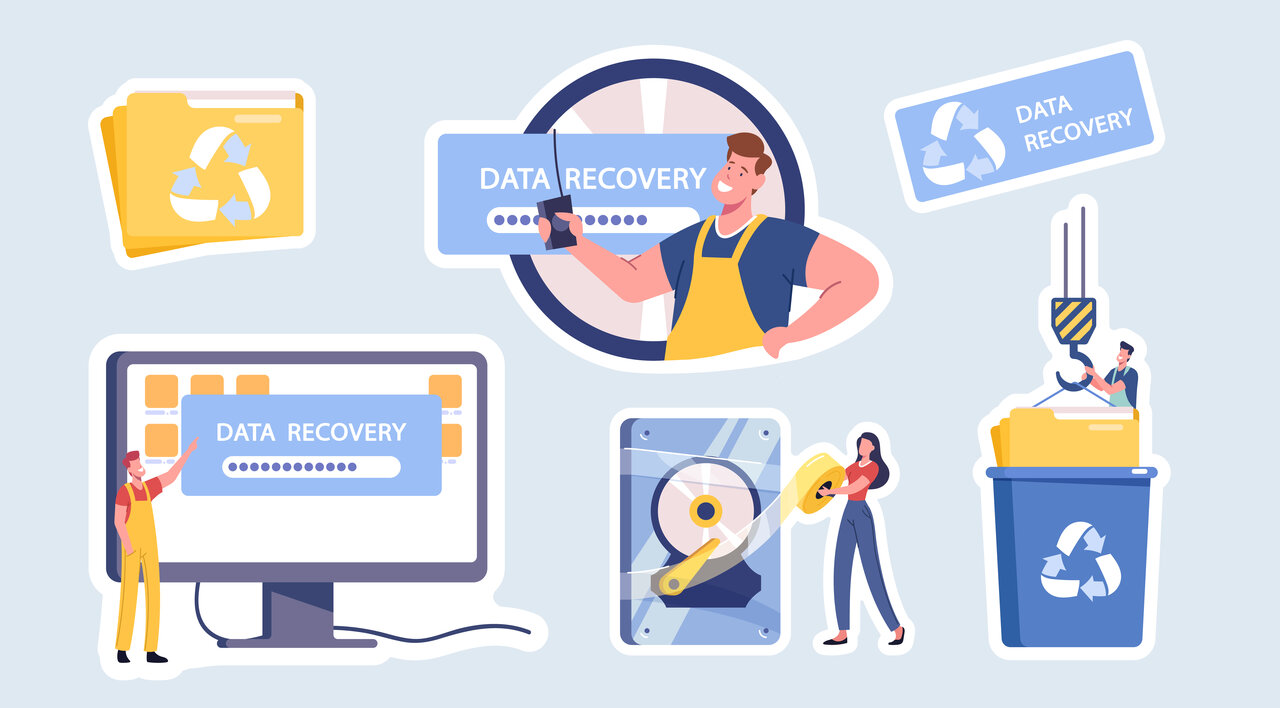
Your Data, Your Problem?
Businesses must rid of the perception that the SaaS application provider will protect all their data. Even with built-in capabilities like a recycle bin function, SaaS applications cannot compare to data protection by a third party.
It comes down to your own responsibility for protecting your own data through backup. Whether you have fully migrated to Office 365 or not, you need a solid backup solution that will allow full access and control of the data at hand.
Your backup strategy should also facilitate recovery and restoration of lost data during disastrous events, either from on-premise backup or Cloud backup, and meet compliance requirements. After all, using a backup tool with advanced functions makes maintaining long-term retention policies much more effortless.
The Right People Miss Out on the Message
The problem lies not in the shortage of SaaS backup tools on the market but in informing the right people.
Customers who still think SaaS providers take complete protection responsibility on data restorability are not data management or security teams. Instead, they are outsiders who are inclined to question the criticality of SaaS app data or are willing to gamble against the likelihood of losing it.
Sadly, these people making the primary decisions aren’t close enough to the problem to recognise it.
A ransomware attack could cause compliance issues if personal data is compromised, and the blow to your company’s reputation could be fatal. What’s to happen to the future of your business then?
Consequently, leaders should loosen the reign on cutting costs, expanding and maximising profits—focusing more on protecting what they already have. If your company uses SaaS applications to stay relevant in the global market, facilitating frequent data backups is no longer a mere option.
Employing a Third-Party Expert
Aegis Cloud Office 365 Backup (COB)can help you eliminate the risk of losing access and control over your Microsoft 365 data. This includes data residing in applications like Exchange Online, SharePoint Online, OneDrive, etc., so that your data is always protected, accessible, and restorable.
Now, with Aegis’ limited time offer, clients can immediately save 50% of their subscription for Microsoft 365 cloud backup, with unlimited cloud backup storage. Don’t miss out!

